How Can Vacation Rental Data Extraction Enhance Trend Analysis?
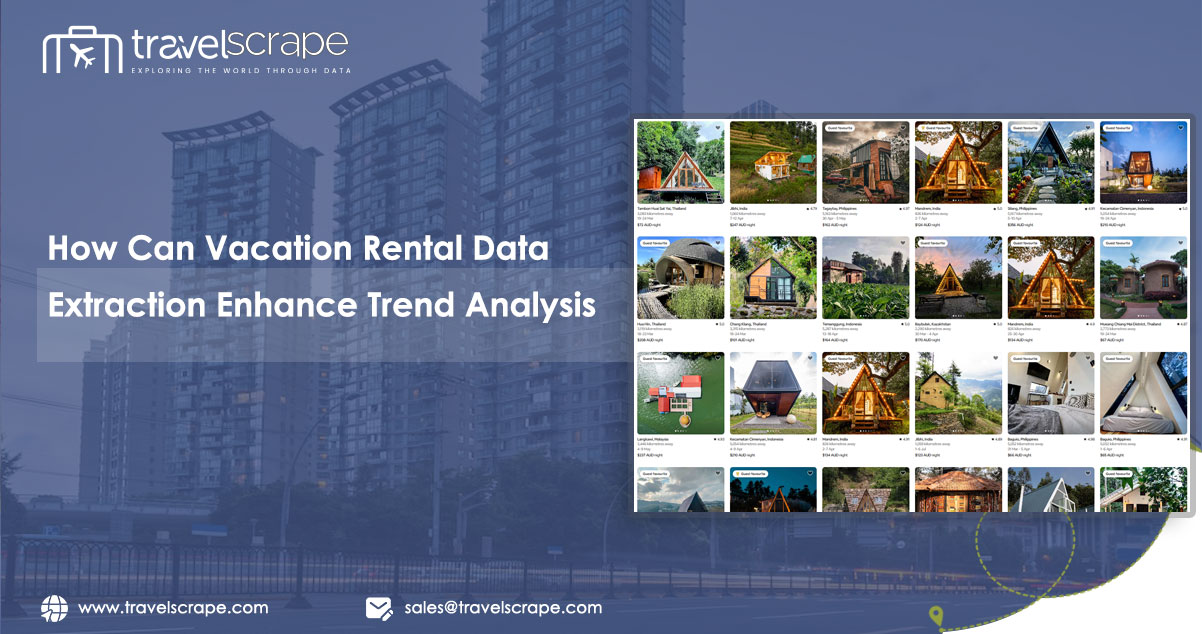
Introduction
The vacation rental market has exploded in recent years, with platforms like Airbnb, Vrbo, and Booking.com playing a significant role in this rapid growth. As the competition intensifies, businesses involved in the vacation rental sector need to leverage data-driven insights to remain competitive. Vacation rental data extraction has become essential for gathering actionable intelligence about market trends, pricing strategies, and customer preferences. However, extracting and utilizing this data effectively requires following best practices to ensure accuracy, compliance, and efficiency. This article will explore the best practices for vacation rental data extraction and how businesses can use this data to gain a competitive edge in the market. Additionally, web scraping for hotel market research plays a crucial role in identifying shifts in demand, competitor pricing strategies, and key market indicators. With vacation rental pricing intelligence, businesses can optimize their pricing models based on the latest trends and customer behavior, driving profitability and growth.
Understanding Vacation Rental Data Extraction
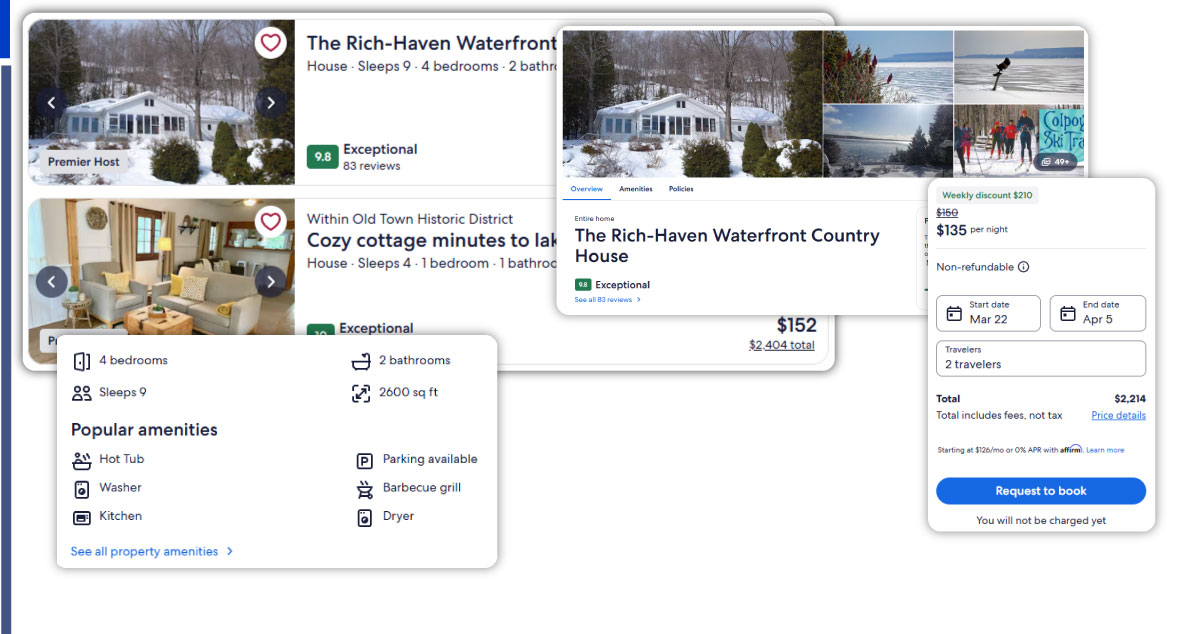
Vacation rental data extraction involves scraping data from various platforms that list short- term rental properties, such as Airbnb, Vrbo, and others. This data typically includes property prices, availability, location, amenities, ratings, reviews, etc. Businesses can automatically collect this data by using web scraping tools, allowing them to monitor trends, analyze competition, and adjust their strategies based on real-time information. However, simply collecting data isn't enough — it must be organized, accurate, and actionable for decision- makers.
Ensuring Data Accuracy and Quality: One of the primary concerns when extracting vacation rental data is ensuring its accuracy. Inaccurate or outdated data can lead to misguided decisions, resulting in lost opportunities or missed revenue. To guarantee data quality, it's essential to use reliable data extraction tools and sources that provide up-to-date and consistent information. When scraping data, be sure to validate the accuracy of the collected information. This includes cross-referencing data points like property details, price changes, and availability. Data verification ensures that the insights drawn from the data reflect the current state of the market, leading to more informed pricing decisions, marketing strategies, and property management practices. Additionally, cleaning and structuring the data is critical for analysis. Raw data often contains inconsistencies, duplicates, or irrelevant information that must be filtered out. Using data cleaning tools helps standardize the format, making extracting valuable insights easier and ensuring that the analysis reflects the actual state of the vacation rental market.
Focusing on Relevant Data Points:
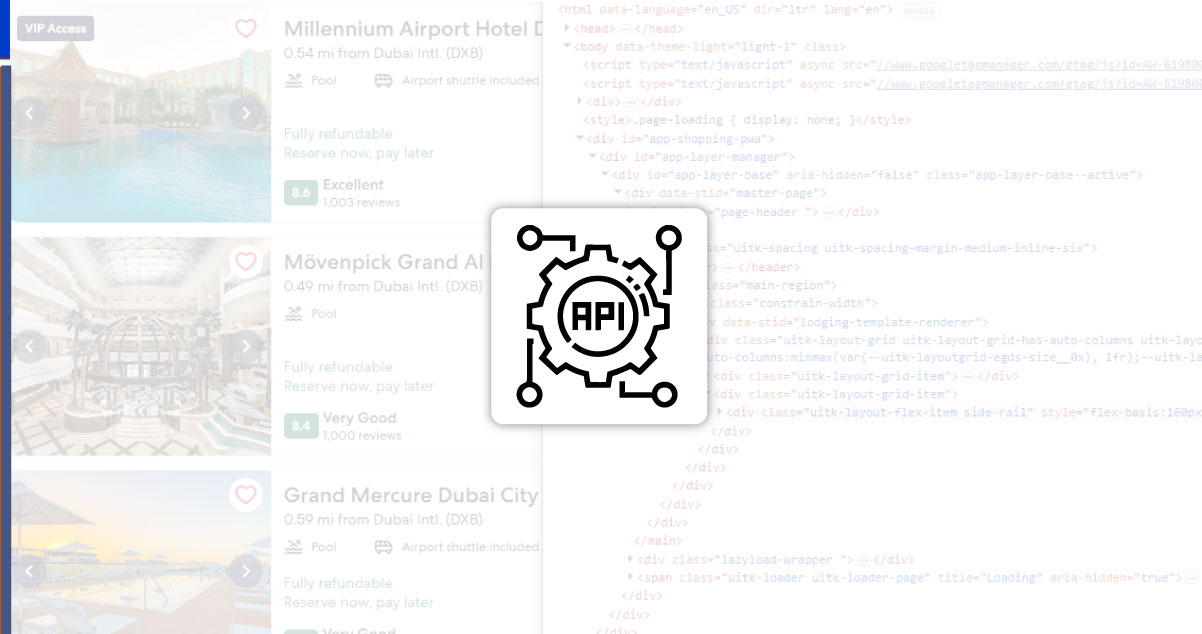 Vacation rental data extraction covers many data points, but not all are equally valuable. The key to successful data extraction is focusing on the most relevant information that will directly impact business decisions. Some of the most crucial data points to focus on include:
Vacation rental data extraction covers many data points, but not all are equally valuable. The key to successful data extraction is focusing on the most relevant information that will directly impact business decisions. Some of the most crucial data points to focus on include:
- Pricing: The rental price is among the most critical factors influencing booking decisions. Analyzing the price trends of similar properties in a particular area helps businesses adjust their pricing strategies for better occupancy rates and revenue.
- Availability: Availability data helps identify high-demand periods or trends. Scraping hotel availability data allows businesses to adjust pricing strategies in real-time, offering discounts or promotions during low-demand periods and increasing prices during peak-demand times.
- Reviews and Ratings: Guest feedback and reviews provide valuable insights into customer satisfaction and preferences. Scraping reviews allows businesses to identify areas for improvement and enhance their property listings to attract more customers.
- Location: Location is a crucial factor in determining rental price and demand. Extracting data about a property's location and nearby attractions helps identify pricing trends based on proximity to popular destinations, beaches, restaurants, or tourist spots.
- Amenities: Properties offering a wider array of amenities often attract higher rental rates. Scraping data about available amenities (e.g., Wi-Fi, pool, kitchen, pet-friendly, etc.) can help property owners tailor their offerings and stay competitive.
By focusing on these key data points, businesses can better understand the competitive landscape and strategically adjust their vacation rental offerings.
Compliance with Legal and Ethical Guidelines:
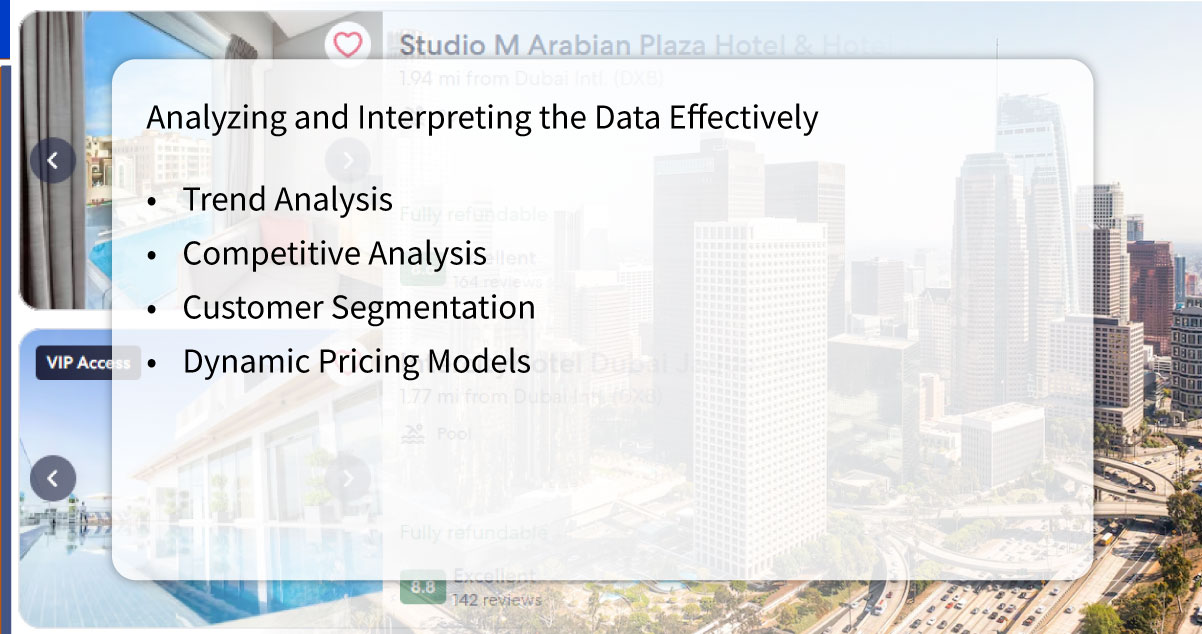 When extracting data from vacation rental platforms, businesses must ensure compliance with legal and ethical guidelines. Web scraping is a powerful tool but can lead to legal challenges if not used responsibly. Many websites, including vacation rental platforms, have service terms that govern their data use. For instance, some platforms may explicitly prohibit scraping in their terms of service. Violating these terms can result in account suspension or legal consequences. Therefore, it is essential to carefully review the terms and conditions of each website from which data is being extracted.
When extracting data from vacation rental platforms, businesses must ensure compliance with legal and ethical guidelines. Web scraping is a powerful tool but can lead to legal challenges if not used responsibly. Many websites, including vacation rental platforms, have service terms that govern their data use. For instance, some platforms may explicitly prohibit scraping in their terms of service. Violating these terms can result in account suspension or legal consequences. Therefore, it is essential to carefully review the terms and conditions of each website from which data is being extracted.
To avoid legal issues, businesses should use web scraping responsibly. This includes:
- Respecting Robots.txt: Most websites have a file called "robots.txt" that specifies which parts of the site can be crawled and scraped. Adhering to these rules prevents overloading the website's servers and respects the website owner's preferences.
- API Usage: Some vacation rental platforms offer APIs for accessing data in a structured and controlled manner. Travel scraping API is a more compliant approach to data extraction, as it reduces the risk of violating the platform's terms of service.
- Avoiding Over-Scraping: Excessive scraping can cause strain on websites, leading to slowdowns or even downtime. Implementing rate limits and using scraping techniques that mimic human browsing patterns can help avoid this issue and reduce the likelihood of being blocked.
By ensuring compliance, businesses can avoid potential legal pitfalls while benefiting from valuable vacation rental data.
Analyzing and Interpreting the Data Effectively
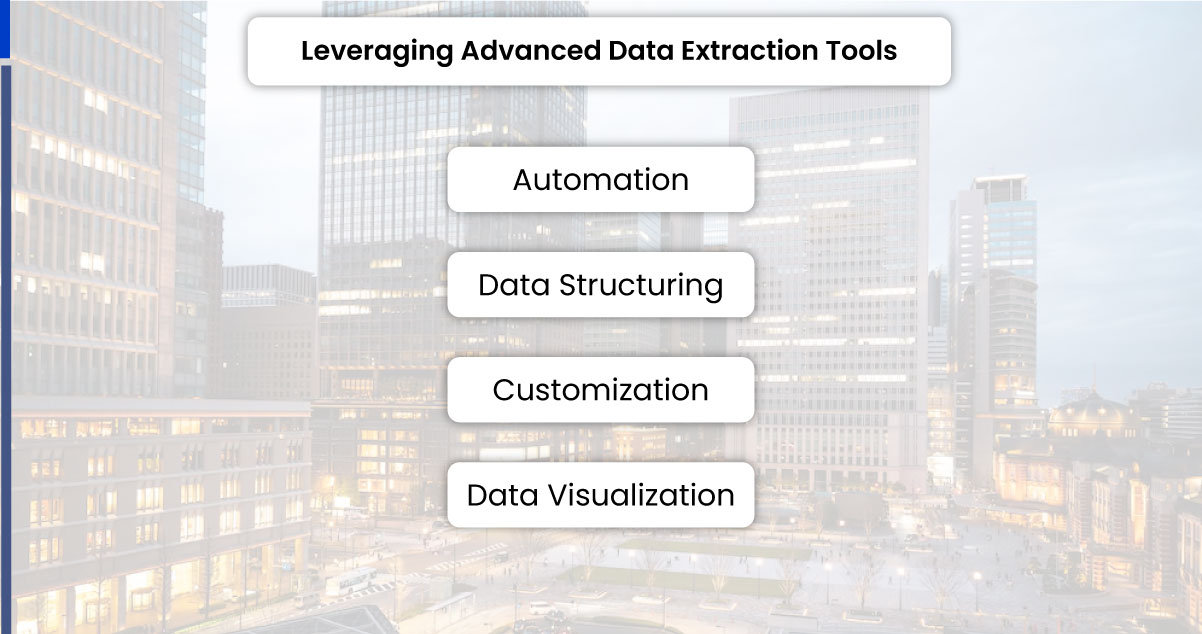
Once vacation rental data is extracted, the next step is analyzing and interpreting the data to derive actionable insights. Custom travel data solutions allow businesses to understand market trends, customer preferences, and the competitive landscape. However, extracting the data is only half the battle; transforming that data into actionable insights is where the real value lies.
Some standard methods for analyzing vacation rental data include:
- Trend Analysis: Analyzing historical data can reveal trends in pricing, occupancy rates, and demand patterns. By identifying these trends, businesses can adjust their pricing models and marketing strategies to capitalize on peak periods and avoid overpricing during low-demand seasons.
- Competitive Analysis: Comparing your property's performance against competitors is crucial for understanding market dynamics. Businesses can identify gaps in their offerings by analyzing competitors' prices, occupancy rates, and customer reviews and make data-driven decisions to stay competitive.
- Customer Segmentation: Analyzing reviews, booking patterns, and preferences allows businesses to segment their target audience. By understanding the different types of customers (e.g., families, solo travelers, business travelers), businesses can tailor their offerings and marketing campaigns to meet their needs more effectively.
- Dynamic Pricing Models: Analyzing pricing, availability, and demand data allows businesses to implement dynamic pricing models. These models automatically adjust rental prices based on local events, seasonal trends, or competitor pricing, optimizing revenue and occupancy rates.
Businesses can gain valuable insights that drive informed decision-making and improve overall performance by effectively analyzing and interpreting the extracted data.
Leveraging Advanced Data Extraction Tools: To make the vacation rental data extraction process more efficient and effective, businesses should leverage advanced data extraction tools. These tools simplify the scraping process and provide advanced features like data filtering, scheduling, and reporting.
Some key features of advanced data extraction tools include:
- Automation: Automation allows businesses to scrape vacation rental data regularly, ensuring that the data remains up-to-date without manual intervention. Automated tools can be scheduled to scrape data during off-peak hours, minimizing the impact on website performance.
- Data Structuring: Advanced tools can structure extracted data into a standardized format, making it easier to analyze and compare. Structured data can be stored in databases, spreadsheets, or other formats for analysis.
- Customization: Many data extraction tools allow businesses to customize their scraping strategies, enabling them to target specific properties, regions, or data points. Customization ensures that businesses extract the most relevant data for their specific needs.
- Data Visualization: Some tools provide data visualization capabilities, enabling businesses to create charts, graphs, and dashboards to better understand and present data. Visualization helps stakeholders make data-driven decisions quickly and easily.
By using advanced data extraction tools, businesses can streamline the data collection process, ensuring efficiency and accuracy. This leads to improved hotel data intelligence and optimized revenue streams. Additionally, utilizing vacation rental data scraping can provide a comprehensive approach to data analysis, setting businesses up for success in the competitive vacation rental market.
How Travel Scrape Can Help You?
- Targeted Data Extraction: We specialize in scraping key vacation rental data such as pricing, availability, location, and amenities tailored to your business needs.
- Real-Time Insights: Our service ensures up-to-date and accurate data, helping you monitor trends and make timely, data-driven decisions.
- Customized Scraping Solutions: We offer personalized scraping strategies to capture the most relevant data for specific properties or regions.
- Ethical and Legal Scraping: We ensure that all scraping practices comply with legal guidelines, terms of service, and ethical standards.
- Structured Data for Analysis: We deliver cleaned, organized, and well-structured data, enabling seamless analysis and effective business strategy adjustments.
Conclusion
Vacation rental data extraction has become indispensable to the vacation rental industry. Businesses can gain a competitive edge by following best practices such as ensuring data accuracy, focusing on relevant data points, complying with legal guidelines, analyzing the data effectively, and leveraging advanced data extraction tools. Property owners and managers can optimize pricing, improve customer satisfaction, and increase revenue with the correct data and insights.
As the vacation rental market grows, businesses that embrace travel aggregators and data-driven strategies will be better positioned to thrive in an